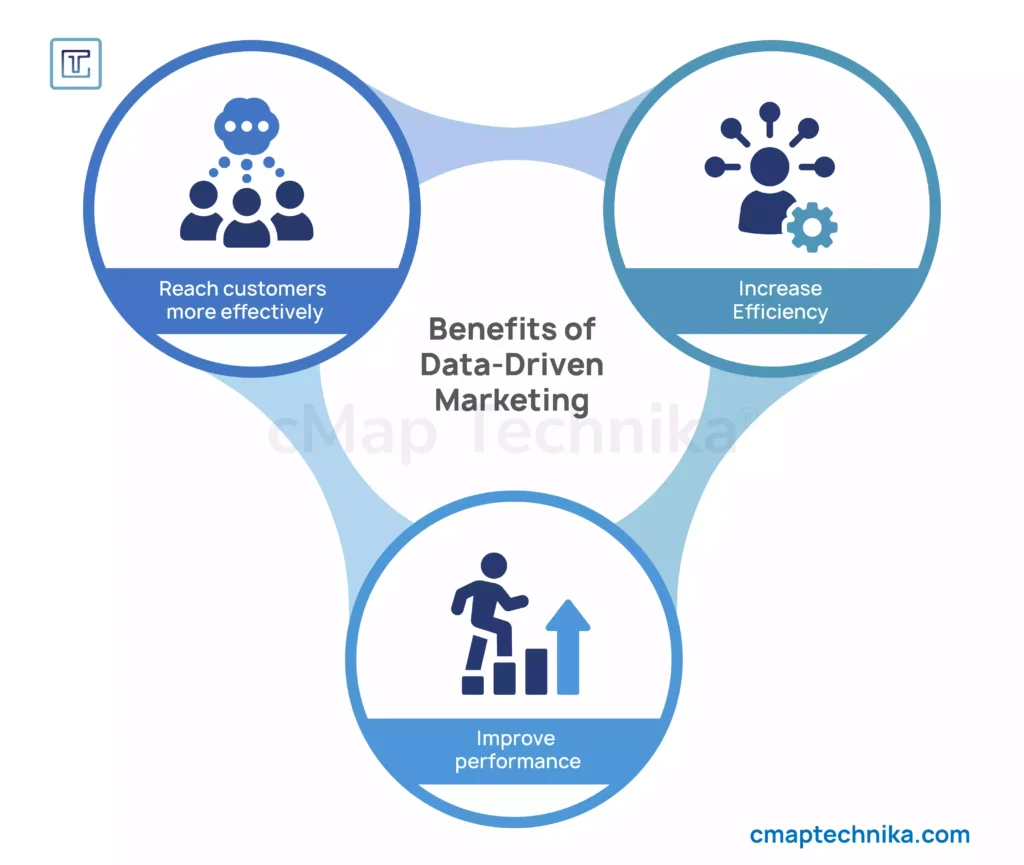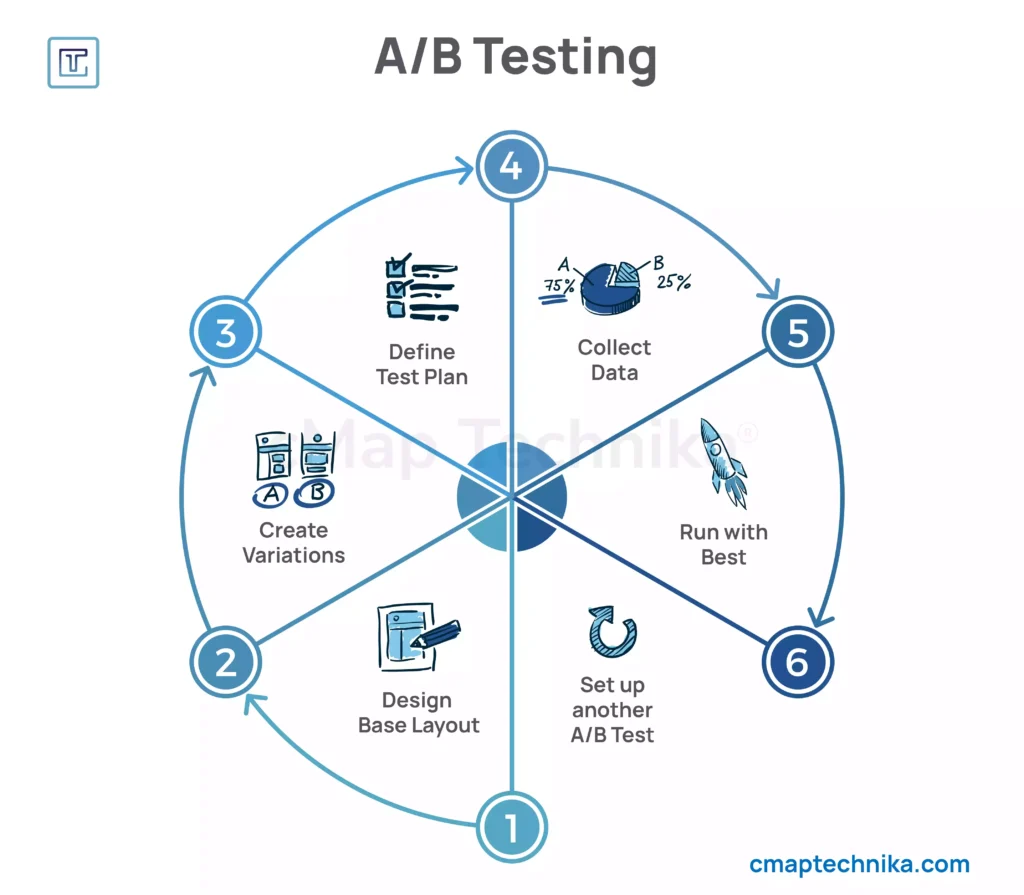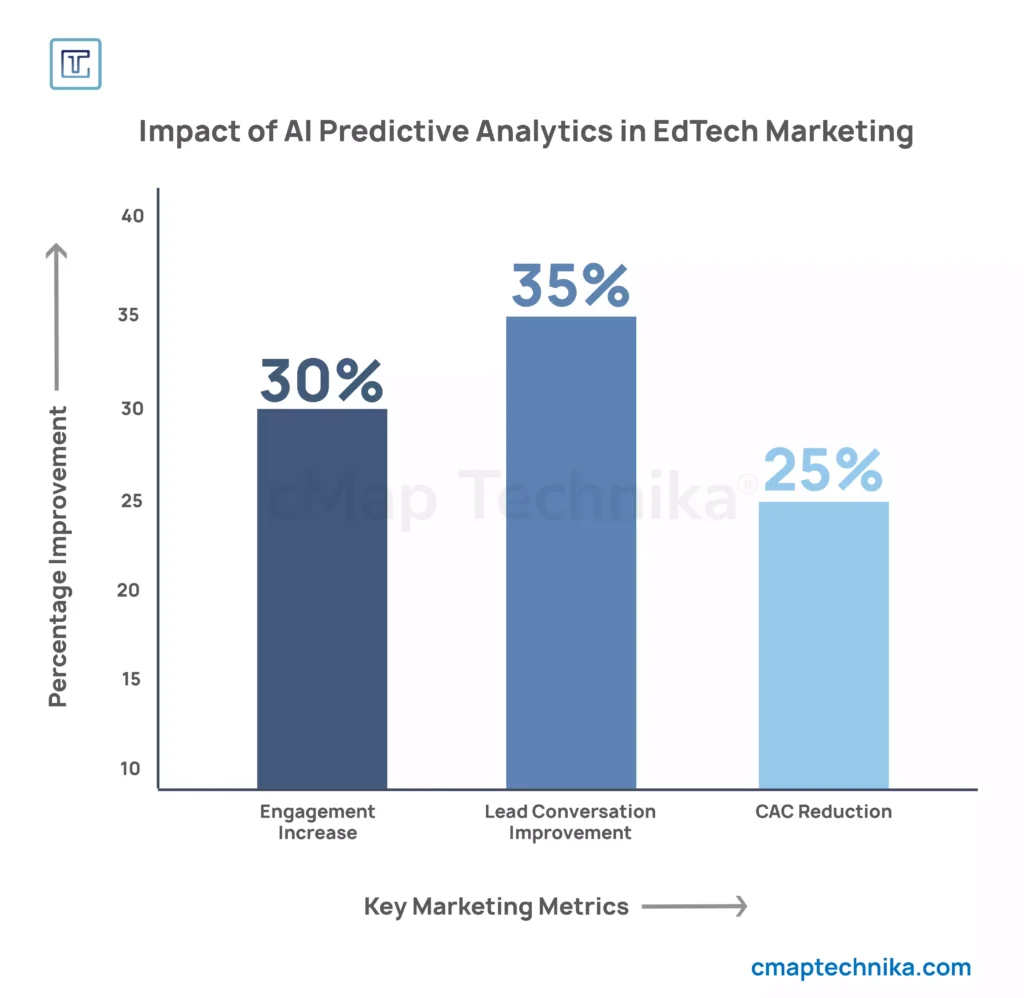In the fast-evolving world of EdTech, effective marketing strategies are critical for staying ahead of the competition. With an increasing reliance on digital learning tools, the need for personalized marketing has never been greater. The key to crafting these personalized experiences lies in data—specifically, data-driven insights that allow companies to understand their audiences and tailor their marketing efforts accordingly.
At Waltcorp, we understand the power of data in shaping successful marketing campaigns, especially in the EdTech sector. In this article, we explore how data can be leveraged to optimize marketing strategies, improve customer engagement, and ultimately, drive growth.
The Power of Data-Driven Marketing in EdTech

In EdTech, data plays a pivotal role in creating more effective and relevant marketing strategies. By utilizing insights from customer behavior, learning patterns, and engagement metrics, companies can design marketing campaigns that resonate deeply with potential users. Whether you’re targeting educators, institutions, or individual learners, the ability to segment and understand your audience is crucial for delivering the right message at the right time.
Personalization Through Data
Personalization is one of the most powerful benefits of data-driven marketing. With access to a wealth of behavioral and demographic data, EdTech companies can create highly targeted campaigns that cater to specific user needs. This means instead of broadcasting the same message to everyone, companies can deliver content that addresses the unique pain points and aspirations of each segment.
For example, a learning platform could analyze user data to identify those who have not yet completed a course or have shown interest in specific subjects. Using this information, they can send targeted emails, reminders, or course recommendations designed to re-engage those users. Personalized email campaigns and dynamic content on websites can increase conversion rates and build stronger connections with users.
Optimizing Customer Journeys
Mapping out the customer journey is essential for any successful marketing campaign. Data allows companies to track user interactions at every stage of their journey—from initial awareness to eventual purchase or subscription. By analyzing touchpoints such as website visits, social media interactions, and email responses, EdTech companies can understand where users drop off and why.
For instance, if data reveals that users often abandon the sign-up process halfway through, companies can optimize the registration flow, offering incentives or simplifying forms. In addition, analyzing the time users spend on different courses or features helps marketers fine-tune their messaging, offering more tailored solutions to meet customer needs.
Enhancing Engagement with Data
Engagement is a critical component of any EdTech marketing strategy. Data provides invaluable insights into what type of content resonates most with audiences. Whether it’s video tutorials, webinars, blog posts, or social media content, data allows marketers to identify the most effective formats and topics for engaging their target audience.
For instance, if data shows that video content receives higher engagement rates than text-based content, EdTech companies can prioritize video marketing campaigns. By focusing on the most engaging formats, companies can maximize their impact and ensure that their content is not only seen but also interacted with.
A/B Testing for Continuous Improvement

One of the most effective ways to optimize marketing campaigns in real-time is through A/B testing. By comparing two different versions of a campaign—such as a landing page, email subject line, or ad copy—companies can see which performs better and adjust their strategy accordingly. Data-driven insights from A/B testing help marketers identify what resonates with their audience and what doesn’t, allowing them to continuously refine their approach.
For example, EdTech companies could test different calls to action (CTAs) on their website, such as “Start Free Trial” versus “Learn More.” By analyzing which CTA leads to more conversions, they can fine-tune their messaging and improve the effectiveness of their campaigns.
Leveraging Predictive Analytics

Predictive analytics is a game-changer in the EdTech marketing landscape. By analyzing historical data and identifying patterns, companies can forecast future behavior and trends. For example, predictive analytics can help determine which leads are most likely to convert into paying customers or which courses will be most popular in the upcoming semester.
These insights allow EdTech marketers to allocate resources more efficiently, focusing on high-potential leads and developing targeted campaigns for upcoming trends. Predictive models can also assist in pricing strategies, ensuring that companies remain competitive while still offering value to their customers.
Social Media Insights and Influencer Partnerships
Social media is a vital tool for EdTech marketing, providing opportunities for brand exposure and engagement. By analyzing social media metrics—such as likes, shares, and comments—companies can identify trends, customer sentiment, and the types of content that generate the most buzz.
Data from social platforms can also guide influencer marketing strategies. By understanding which influencers have the most engaged followers within the EdTech space, companies can form strategic partnerships that drive brand visibility and trust. Data-driven insights can help determine the right influencers for specific campaigns, ensuring that marketing dollars are spent wisely.
Monitoring ROI and Making Data-Backed Decisions
The ultimate goal of any marketing strategy is to deliver a positive return on investment (ROI). Data enables companies to track key performance indicators (KPIs) such as customer acquisition cost (CAC), lifetime value (LTV), conversion rates, and churn rates. By continuously monitoring these metrics, EdTech companies can evaluate the effectiveness of their marketing efforts and make informed decisions about where to invest their resources.
If a campaign is underperforming, data can reveal the reasons why, whether it’s poor targeting, a weak call to action, or subpar content. With these insights, companies can pivot their strategy and make data-backed decisions to improve outcomes.
Conclusion
In today’s digital world, data is a critical asset for driving effective marketing strategies in the EdTech sector. By harnessing data to personalize content, optimize customer journeys, enhance engagement, and refine marketing efforts, EdTech companies can better meet the needs of their audiences and drive growth. Data-driven marketing not only helps businesses stay competitive but also enables them to build meaningful connections with learners and educators alike.
At Waltcorp, we specialize in helping EdTech companies leverage data to create smarter, more impactful marketing campaigns. By making data a core component of your strategy, you can maximize your marketing efforts and deliver exceptional value to your audience.






